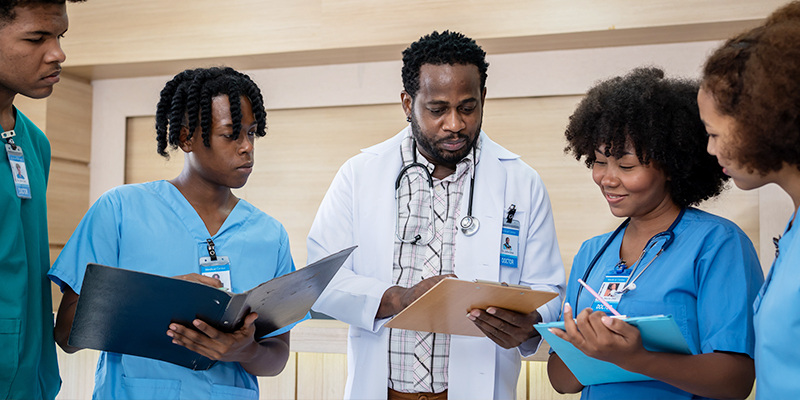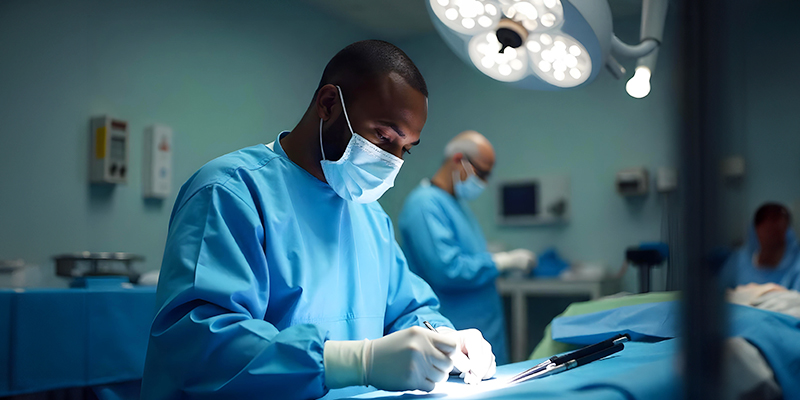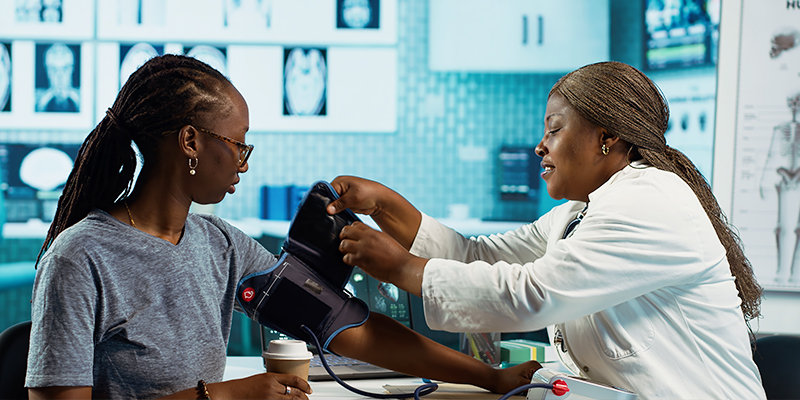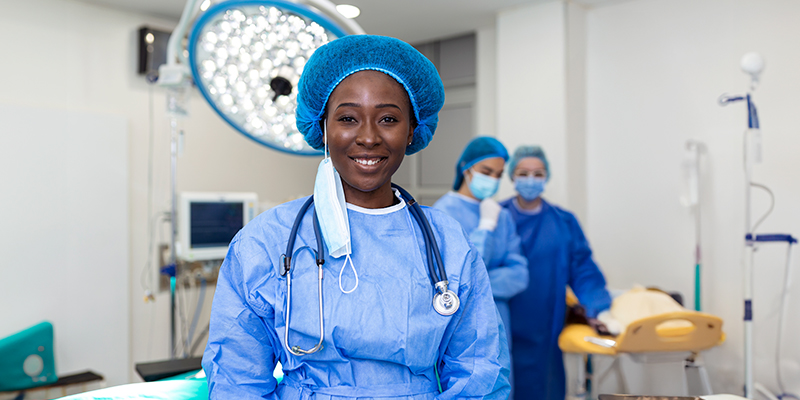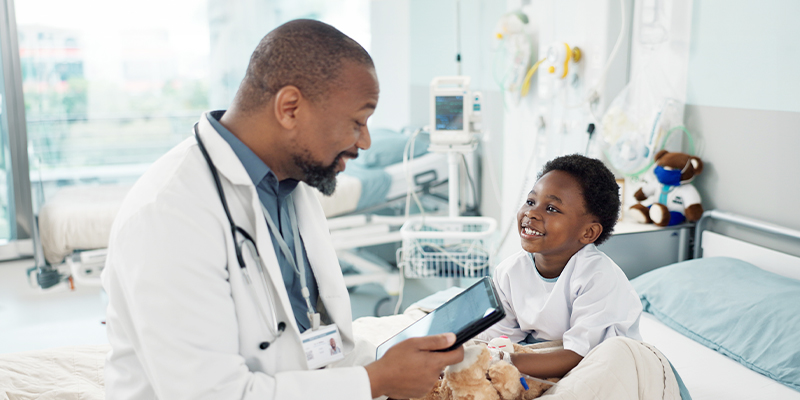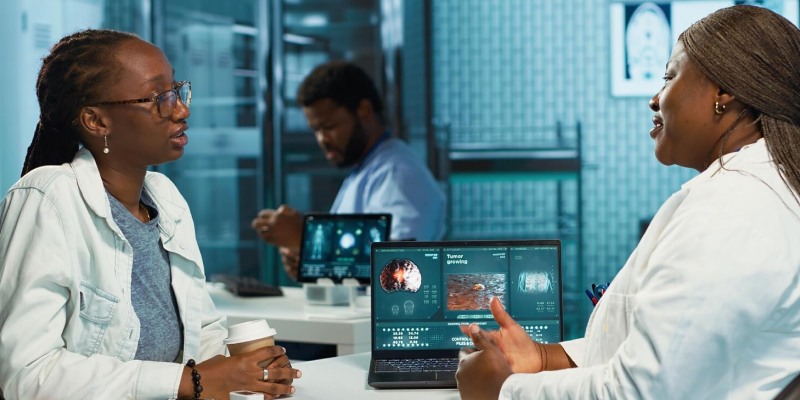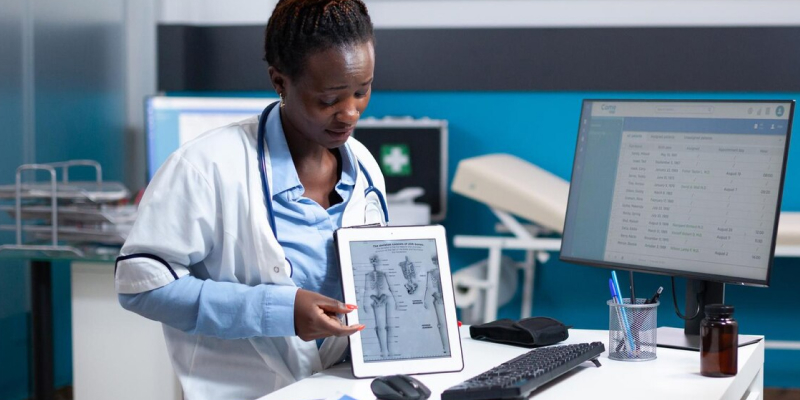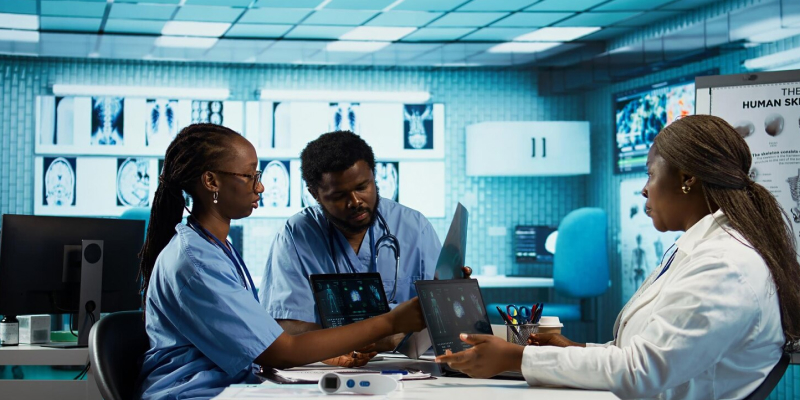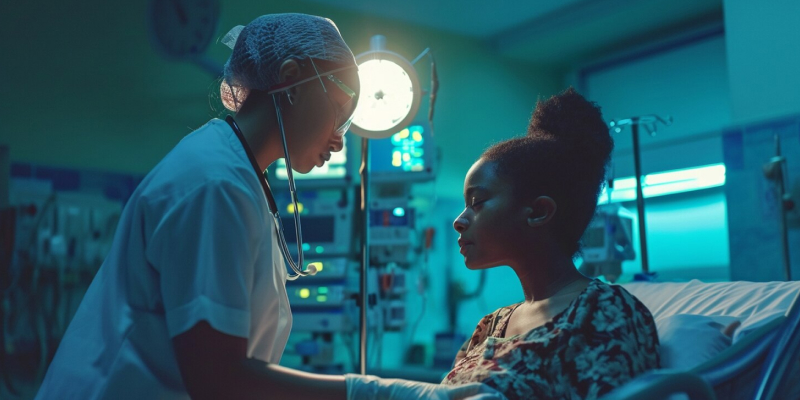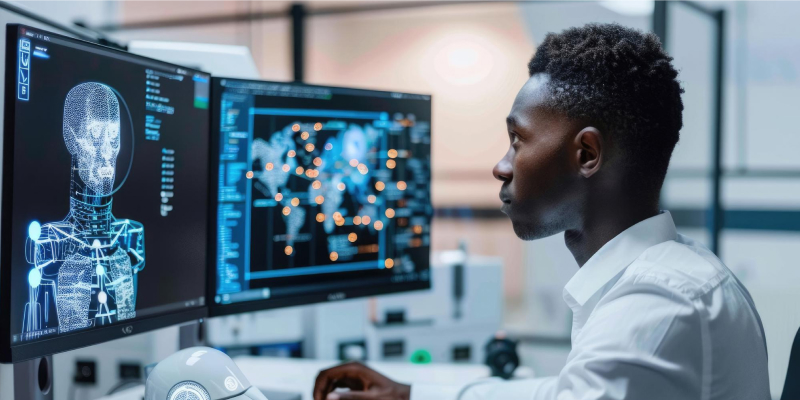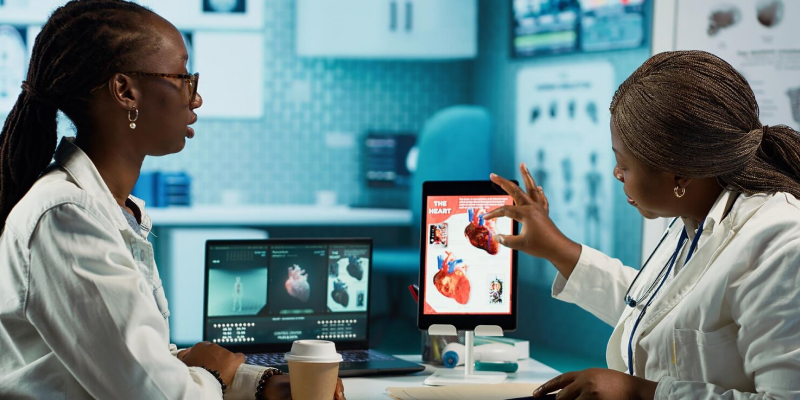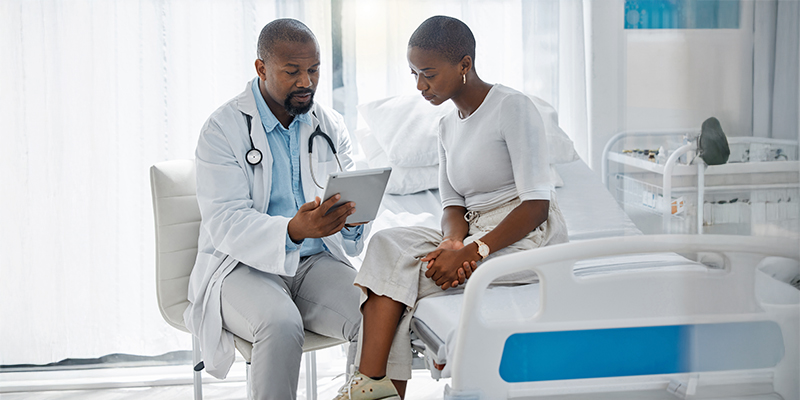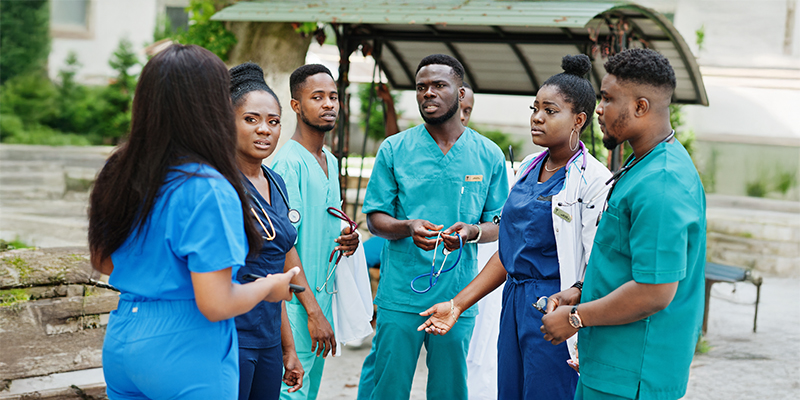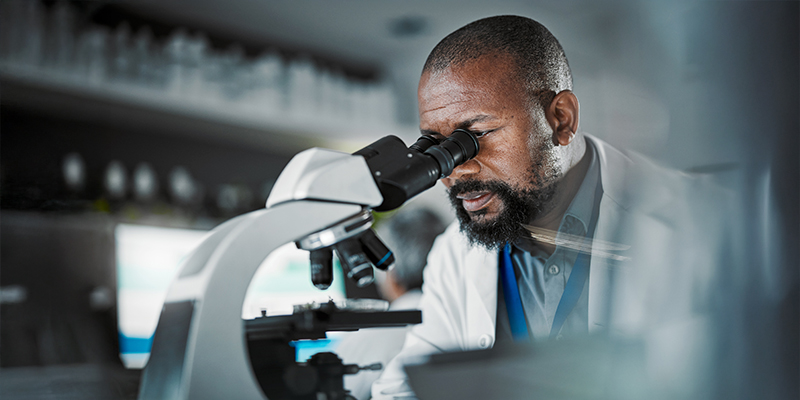Hypertension or high blood pressure is the condition in which the force exerted by the circulating blood against the arterial walls becomes too high and exceeds the normal levels. A person’s blood pressure is considered to be normal when it is less than 120/80 mmHg. Hypertension is said to have occurred when the blood pressure levels exceed 140/90 mmHg and pressure above 180/120 is considered to be a hypertensive crisis; immediate medical attention must be sought in this situation.
Hypertension is quite common among the masses as its major cause is an unhealthy lifestyle. If untreated, the condition can also lead to critical health complications and severe conditions like stroke, heart diseases, and even death in some cases. Thus, one must stay aware of its causes, symptoms, treatment plans and preventive measures for avoiding such complications and leading a healthy life. Find below all the necessary information provided by our internationally-recognized health experts.
Causes of Hypertension
Depending upon the underlying cause, hypertension can be of two types -- primary (essential) hypertension and secondary hypertension.
- Primary hypertension: This is a common type of hypertension which develops in adults gradually over the years. No specific underlying cause has been identified for primary hypertension.
- Secondary hypertension: Sometimes, a health complication or medical condition may lead to hypertension. In such cases, when high blood pressure is caused by a known underlying cause, it is called secondary hypertension. Conditions that may cause hypertension include obesity, pregnancy, thyroid disorders, obstructive sleep apnea, diabetes, kidney diseases, congenital heart defects, medication side effects, use of illegal drugs such as amphetamines and cocaine, etc.
Additionally, certain risk factors may also increase a person’s chances to develop hypertension. These include advancing age, alcohol abuse, overconsumption of tobacco, high cholesterol levels, sedentary lifestyle and poor dietary habits like consuming foods rich in salt and fat and low in potassium.
Hypertension Symptoms
Hypertension is also known as the “silent killer” since its symptoms may not appear at all and when they do, they may be attributed to other health concerns. In severe cases, one may experience symptoms like sweating, anxiety, nosebleeds, headaches, dizziness, sleep disorders, dizziness, chest pain, etc. If you experience any of these symptoms, seek medical attention immediately.
Preventing Hypertension
Since primary hypertension has no known cause and secondary hypertension is caused by other health concerns, one cannot prevent this condition completely. However, it is possible to reduce the risk of hypertension by following simple measures:
- Take a healthy, balanced diet including raw fruits and vegetables daily. Make sure you take the recommended daily amount of potassium but keep your salt intake moderate.
- Cut down on sugars and avoid sweetened beverages.
- Quit alcohol and tobacco or reduce their consumption.
- Maintain a healthy body weight. If you are obese, set short-term, achievable weight loss goals and move ahead accordingly. You may consult a physician or dietician to get a custom weight-loss plan.
- Monitor your blood pressure regularly and maintain a record of the readings.
Hypertension Treatment
Once diagnosed, your healthcare provider will suggest a treatment plan depending upon your age, the type of hypertension you are suffering from, its severity and your overall health status. Along with prescribing medications like diuretics, your doctor may also suggest you to follow a physical fitness routine and certain practices to reduce stress. No medicine or drug must be administered without consulting a doctor as this may affect your health adversely.
The Bottom Line
Hypertension is a common health concern and usually, it is not accompanied by evident signs and symptoms. Therefore, do not wait for the symptoms to appear, rather, get your blood pressure levels checked regularly. In case you have a family history of hypertension or believe that you are at a higher risk, consult a doctor to understand how frequently you should get your blood pressure readings checked and other preventive measures you may need to follow. Never consume any medication without a doctor’s prescription as medications are prescribed after analyzing your complete health status and checking if you are suffering from any other health condition like diabetes, cardiovascular diseases or chronic kidney disease. Schedule an appointment at HJ Hospitals today and ensure the best of the health for you and your loved ones.






 Feb 01, 2021
Feb 01, 2021 Admin
Admin



